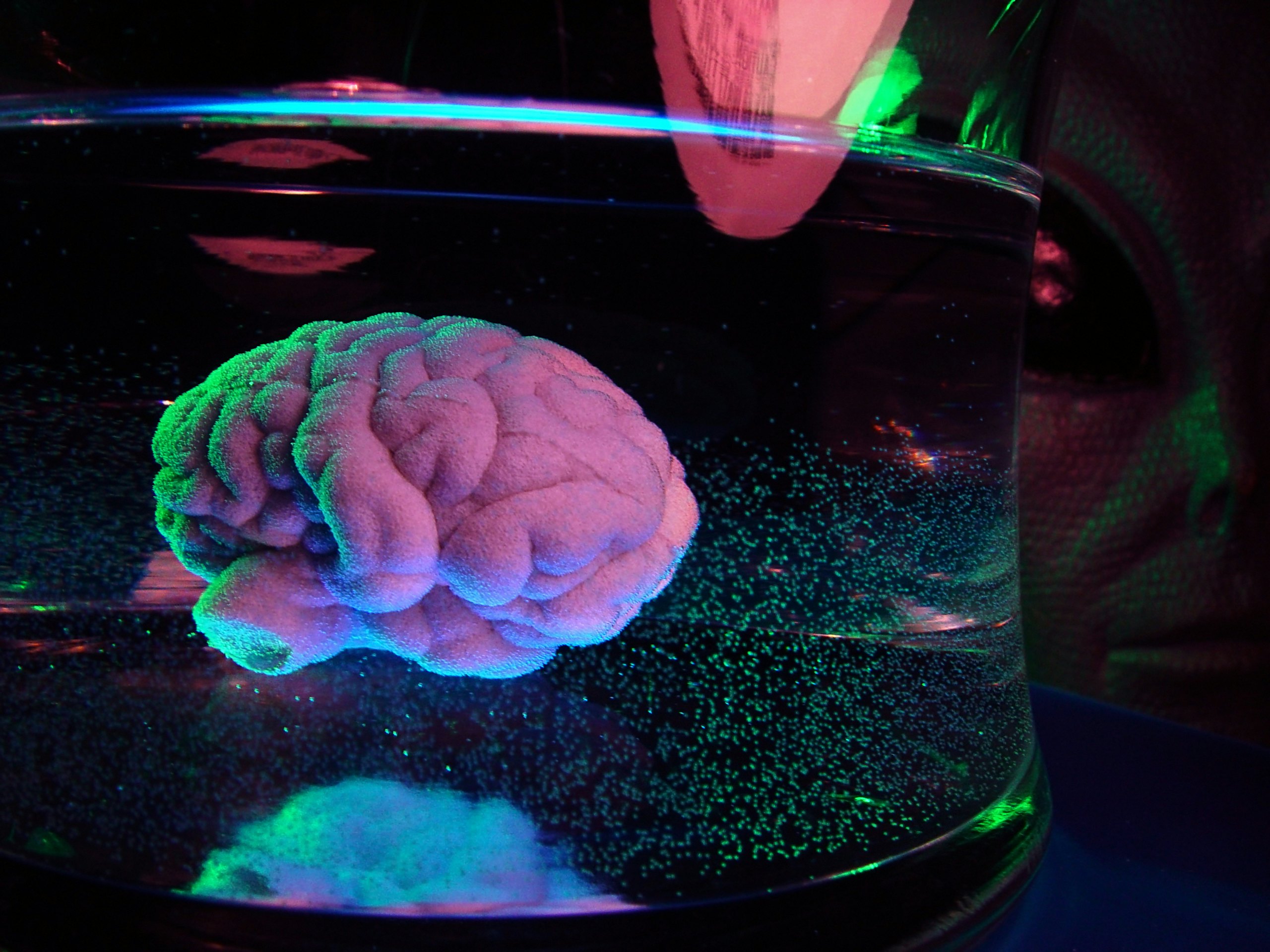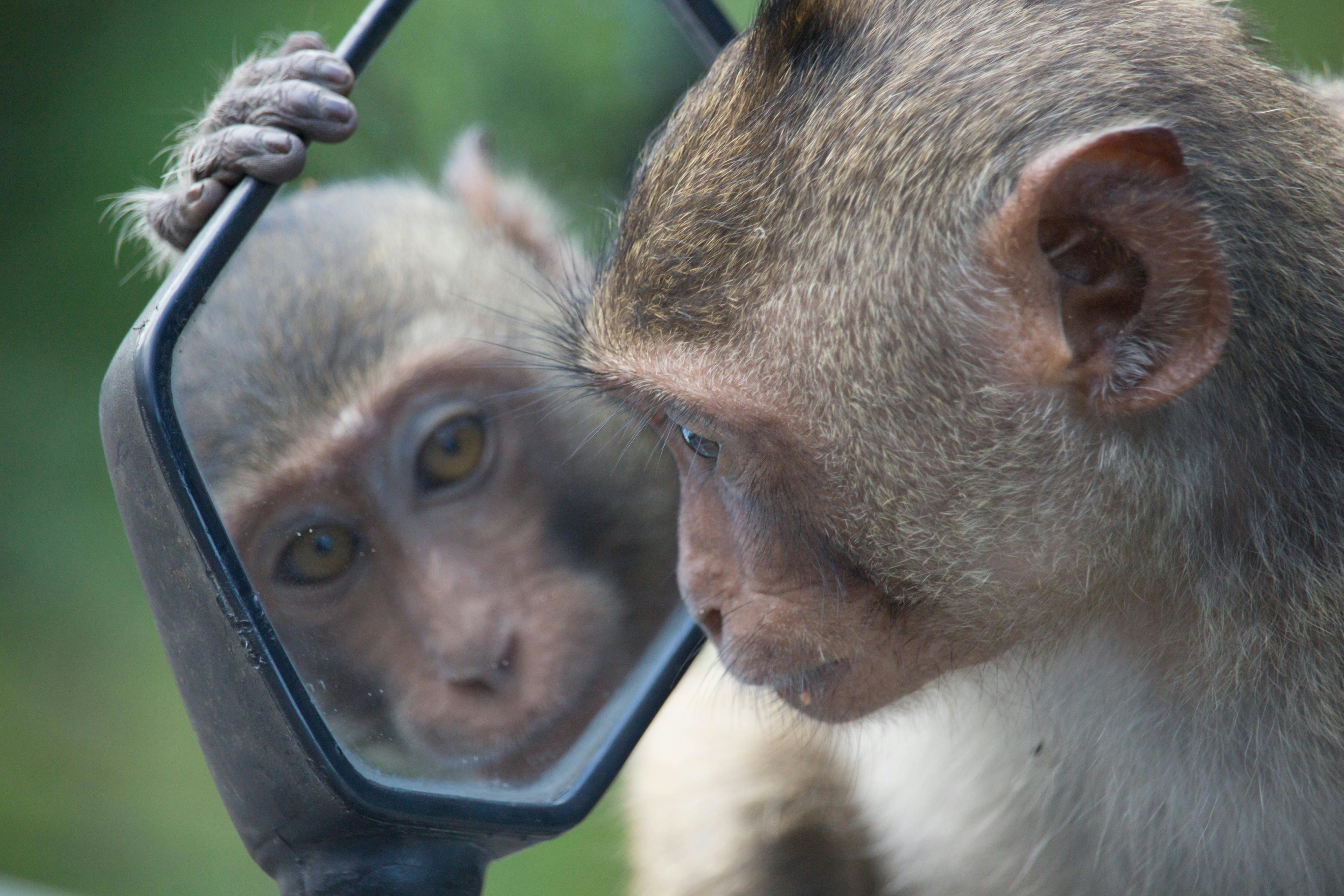
What if we finally make contact with aliens, but they don’t realize we are actually intelligent life forms?
In a recent paper in The International Journal of Astrobiology, bioethicists Konrad Szocik of Yale University and Rakhat Abylkasymova, an independent researcher, argue that could actually be a good thing for humanity. And it’s a more plausible scenario than you might think.
What’s New – Our first contact with intelligent aliens might find us massively outclassed in the technology department and perhaps in social development and raw intellect, too. But if that first contact ever happens, Szocik and Abylkasymova say we should be prepared for another plot twist: the aliens may be so wildly different from us that they don’t even realize that we’re sentient, too.
“We were interested in the way people think about extraterrestrial intelligence, especially what people imagine such an extraterrestrial intelligence – if it existed and knew of our existence – would imagine us to be,” Szocik and Abylkasymova tell Inverse.
Most of us — laypeople and SETI (Search for Extraterrestrial Intelligence) researchers alike — tend to assume that any species capable of building spacecraft and traveling between star systems will think more or less like us: similar logic, similar motivations and values, and a similar range of emotions. But, Szocik and Abylkasymova argue, there’s no real reason that has to be the case, especially for a (hypothetical) species that evolved in another world. Instead of just a more advanced version of ourselves, spacefaring aliens might turn out to be completely unfathomable to us — and vice versa.
In their recent paper, Szocik and Abylkasymova imagine how our first contact with intelligent extraterrestrials might play out if they didn’t recognize that they’d found intelligent life here on Earth.
Here’s the (Evolutionary) Background – Evolution isn’t a straight line leading to the ultimate prize of sentience. Animals that aren’t self-aware or don’t have a theory of mind aren’t any less evolved than we are; they just evolved to solve different problems in different ways. Intelligence is just what enabled our ancestors to survive despite not being especially strong or fast and not having sharp teeth or claws.
Szocik and Abylkasymova imagine that on a different planet, different conditions might pressure a species into evolving intelligence, and those conditions might shape a species that thinks very differently than we do.
“If so, then it would be a very different intelligence than human-type intelligence and would probably serve different purposes and goals than human intelligence,” they write.
Even if, by some bizarre quirk of fate, an alien species faced exactly the same series of evolutionary pressures and stumbling blocks as humans, they’d probably evolve a very different set of anatomy to accomplish the same tasks. Here on Earth, human brains and crow brains are organized in surprisingly different ways despite the fact that we’re pretty closely related (compared to, say, humans and oak trees, or crows and potential Proxima Centaurians). Life that arose around a distant sun might not even recognize our brains as brains (or the local equivalent), much less as intelligent ones.

Good News and Bad News – The good news is that at least the hypothetical aliens wouldn’t see us as a threat, so it’s less likely that they’d decide to pre-emptively eliminate us for the safety of the galaxy. But the rest of the news is a mixed bag that ultimately depends on the unknowable (and probably incomprehensible) nature of the aliens, their values, and their motives.
One possibility is that aliens may care enough about life — whether for moral reasons, scientific reasons, or even reasons that don’t exist for us — to try to protect it. In that case, they might avoid harming us, and they might even follow rules similar to the ones we use to avoid bringing Earth microbes to places like Mars and Europa. Then again, they may have very different ideas about what’s helpful and what’s harmful.
The bad news, on the other hand, is that the aliens may not care what happens to us or any other life on Earth as long as they can go about their business, whatever that might be. Imagine that as it lands, an alien spacecraft squashes the State Farm Stadium and everyone inside (sorry, Superbowl fans, but a timely reference is a timely reference).
“The extraterrestrial intelligence may not pay any attention to this at all, just as humans pay no attention to insects that move along the road,” write Szocik and Abylkasymova. “In this scenario, human deaths will be an accidental consequence of extraterrestrial intelligence’s movement around the Earth and its eventual exploitation.”
That sounds pretty grim, but it should also sound familiar; we’ve been the aliens in this scenario for much of our history.
A Long Look in the Mirror – Here on Earth, scientists who study intelligence and cognition in other animals sometimes use what’s called the “mirror test.” To do the mirror test, scientists put a sticker or a dot of dye on the animal’s body and then put a mirror in front of the animal. The idea is that an intelligent, self-aware creature will realize they’re looking at themselves in the mirror and start fiddling with the sticker or dot of dye.

But as science writer Virginia Morell puts it, “Since it’s designed for animals that rely on their visual sense and have hands, very few can pass it.” Dogs and cats usually don’t pass the test, for example, and some behavioral scientists have argued that it’s because animals that rely more on scent to perceive the world may simply not care that they’ve got a dot painted on their ear. The signs of intelligence we’re looking for are based on our own biases: The eyes are our most important source of information about the world, and we show concern about our appearance by reaching up to touch the offending spot.
Now imagine that aliens with very different senses and very different minds subject us to their version of the mirror test. Maybe we can’t even see the dot because it’s in ultraviolet, or maybe they take for granted that we’ll notice sounds in frequencies we can’t hear. We’d fail the test.
“We hope that our article could inspire people to pay attention to our ideas and thoughts about how we are viewed in comparison to other life forms,” say Szocik and Abylkasymova.
Why it matters – Some SETI researchers focus on searching for signs of intelligent civilizations on other worlds, mostly in the form of radio signals. But others, like Szocik and Abylkasymova are more interested in figuring out what first contact might look like, if it ever does happen, and how it might change our world.
“So, we are not so much interested in whether extraterrestrial intelligence can exist at all, but rather in how we think about extraterrestrial intelligence and ourselves,” say Szocik and Abylkasymova.
And even if we never pick up an alien radio signal and a scout ship never lands on the White House lawn, just thinking about these questions can shed important light on the problems that plague us here on Earth.
“In a sense, thinking about extraterrestrial intelligence says a lot about how we view ourselves as humanity,” say Szocik and Abylkasymova. “Theoretically, a situation in which someone ‘better’ than us, i.e. an extraterrestrial intelligence, treats us worse, even if unintentionally, just because we don't possess a certain trait, could be some inspiration for a more tolerant and inclusivist approach both between humans and towards animals.”





.jpg?w=600)

